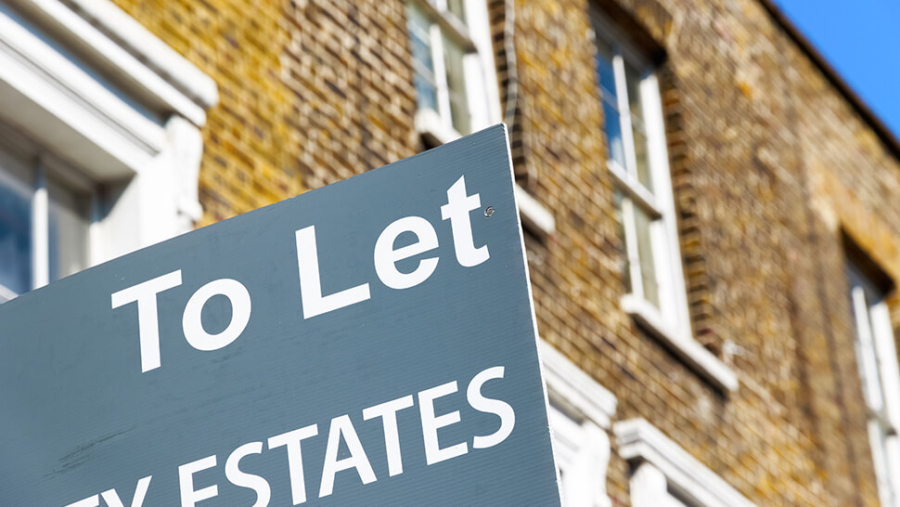

There are a number of reasons for letting your house/flat, but the aim is usually the same – to obtain a rental income. Letting includes holiday lets, short term lets or Assured Shorthold Tenancy Agreements (“AST’s”).
But, for many, they have not considered the implications of letting out their properties and this is particularly important where homeowners have lived in the home before deciding to let it out. Here are the things you should consider before making the decision to let
- Check your mortgage terms. Does it allow you to let the property? A normal residential mortgage usually prohibits letting. Some lenders will allow you (after a period of time which varies depending on the lender) to convert your mortgage in to a buy-to-let mortgage, but since new rules coming in to force on 1 January 2017, buy-to-let mortgage requirements are much stricter and you may find that your lender will not allow you to do this. If you have any doubts check with your lender.
If you are found to be letting out your property against mortgage terms, you could be in breach of your mortgage and your lender can demand that the full mortgage advance is repaid.
- Check the terms of your lease or covenants affecting the Property. If your property is leasehold does the Lease allow you to sublet? There may be restrictions against letting the Property without consent of a certain party (for example a management company). There may be an outright restriction in your deeds prohibiting letting. If you are in breach of the terms of your lease or a restrictive covenant, you can be asked to remedy the situation and to stop using the Property for that purpose.
Your new tenant, who has just signed up to a new 12 month AST, could end up taking action against you for a breach of the tenancy agreement and on top of this you would lose the rental income.
- Will this change in use be challenged by the Local Authority? A private residential property is known as a class C3 use under the Town and Country Planning (Use Classes) Order 1987 and some properties (especially leases on flats) have restrictions against the Property being used for a purpose other than C3 use. Even if this restriction is not apparent, there is usually an obligation not to breach any planning laws. Use of the Property as short-term let is being challenged by some local authorities as a class C1 use and short-term letting agents – such as Airbnb – are now asking for owners to prove that they have the requisite planning permissions in place for this change of use where they wish to let out their properties for a period of 90 consecutive days or more.
- Check your buildings insurance. Does letting your property invalidate your buildings insurance? It is a requirement of your lender that valid buildings insurance is always in place, so you will need to check this before deciding whether or not to put your Property up for let.










